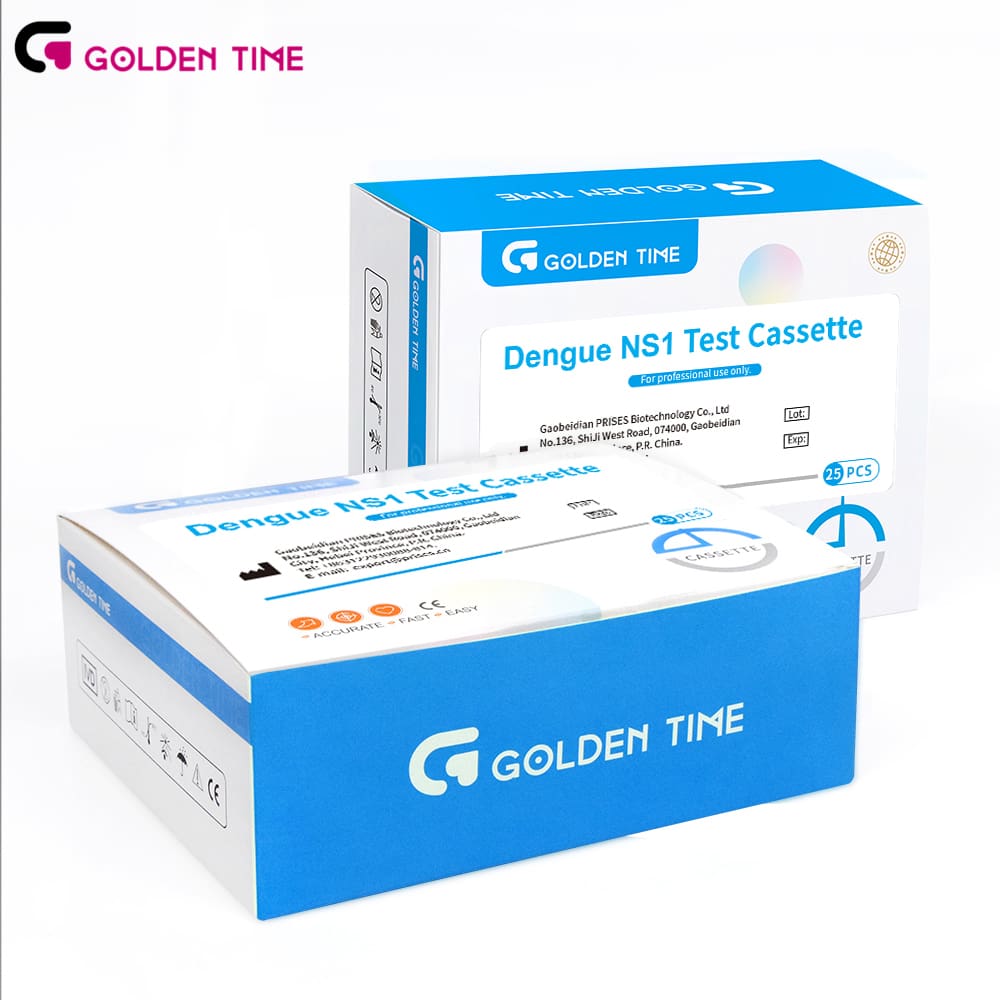ທ.ວ. . 29, 2024 10:35 Back to list
dengue igm test
Understanding Dengue IgM Testing An Essential Tool in Diagnosing Dengue Fever
Dengue fever, caused by the dengue virus, poses a significant public health threat in many tropical and subtropical regions worldwide. This mosquito-borne disease can lead to severe flu-like symptoms and, in some cases, develop into more serious conditions like dengue hemorrhagic fever or dengue shock syndrome. As the incidence of dengue fever has risen dramatically over the past decades, accurate and timely diagnosis has become crucial. One of the vital tools for diagnosing dengue infection is the Dengue IgM test.
What is the Dengue IgM Test?
The Dengue IgM test is a serological diagnostic method that detects IgM antibodies in the patient’s blood. These antibodies are produced by the immune system in response to the dengue virus, typically appearing within a few days to a week after the onset of the infection. The presence of IgM antibodies indicates a recent infection; therefore, this test is particularly useful in the early days of the illness.
Importance of Early Diagnosis
Early diagnosis of dengue fever is crucial for several reasons. First, it helps in the effective management of the disease. Prompt identification allows for appropriate medical intervention and monitoring, which can mitigate the risk of severe complications. Second, understanding the serological status of individuals can inform public health responses, such as vector control measures and community awareness programs aimed at preventing further transmission.
Testing Methodology
The Dengue IgM test is typically performed using a blood sample. It can be done through various methods, including enzyme-linked immunosorbent assay (ELISA), rapid diagnostic tests (RDTs), and indirect immunofluorescence assays. ELISA is the most common and reliable method, offering higher sensitivity and specificity. Rapid tests, while convenient for quick assessments, may vary in accuracy and are often used in settings where laboratory facilities are limited.
dengue igm test

Interpreting Test Results
Positive IgM test results in the clinical context of dengue indicate the presence of a recent infection. However, it is essential to consider the timing of the test in relation to symptom onset. Tests conducted too early may yield false negatives, as the IgM response may not have developed sufficiently. Conversely, the interpretation of the test may be complicated by cross-reactivity with other flavivirus infections, such as Zika or West Nile virus. Therefore, healthcare providers often corroborate IgM results with clinical findings and other diagnostic tests.
Challenges and Limitations
Despite its usefulness, the Dengue IgM test comes with limitations. One notable challenge is that IgM antibodies may remain detectable for long periods after the initial infection, which can complicate the understanding of an individual’s infective status if tested later. Additionally, simultaneous infections with multiple serotypes of the dengue virus can lead to varying immune responses, further complicating the specificity of the IgM test.
Moreover, in endemic areas, the interpretation of IgM results must be approached with caution due to the prevalence of other similar viral infections, which can lead to cross-reactivity. This underlines the importance of comprehensive clinical assessments and possibly the use of additional tests, such as dengue NS1 antigen testing, to enhance diagnostic accuracy.
Conclusion
The Dengue IgM test is a critical tool in combating dengue fever, particularly in high-risk areas where the disease is endemic. By enabling early detection and diagnosis, it plays a vital role in improving patient outcomes and informing public health strategies. However, healthcare providers must be aware of the test’s limitations and interpret results in conjunction with clinical findings and other diagnostic information. As research progresses and new diagnostic technologies emerge, the hope is to enhance the sensitivity and specificity of dengue diagnostics, ultimately reducing the burden of this dangerous disease on global health. Through awareness, effective diagnosis, and treatment, we can work toward mitigating the impact of dengue fever and protecting vulnerable populations.
-
Dengue NS1 Rapid Diagnostic Test Kit
NewsMar.07,2025
-
Dengue NS1 Rapid Diagnostic Test Kit
NewsMar.07,2025
-
Dengue NS1 Rapid Diagnostic Test Kit
NewsMar.07,2025
-
Transferrin Rapid Test Cassette Tumor Marker TF Card
NewsMar.07,2025
-
Malaria Pf Pan Rapid Diagnostic Test Kit
NewsMar.07,2025
-
malaria pf / pan ag rapid test
NewsMar.07,2025

